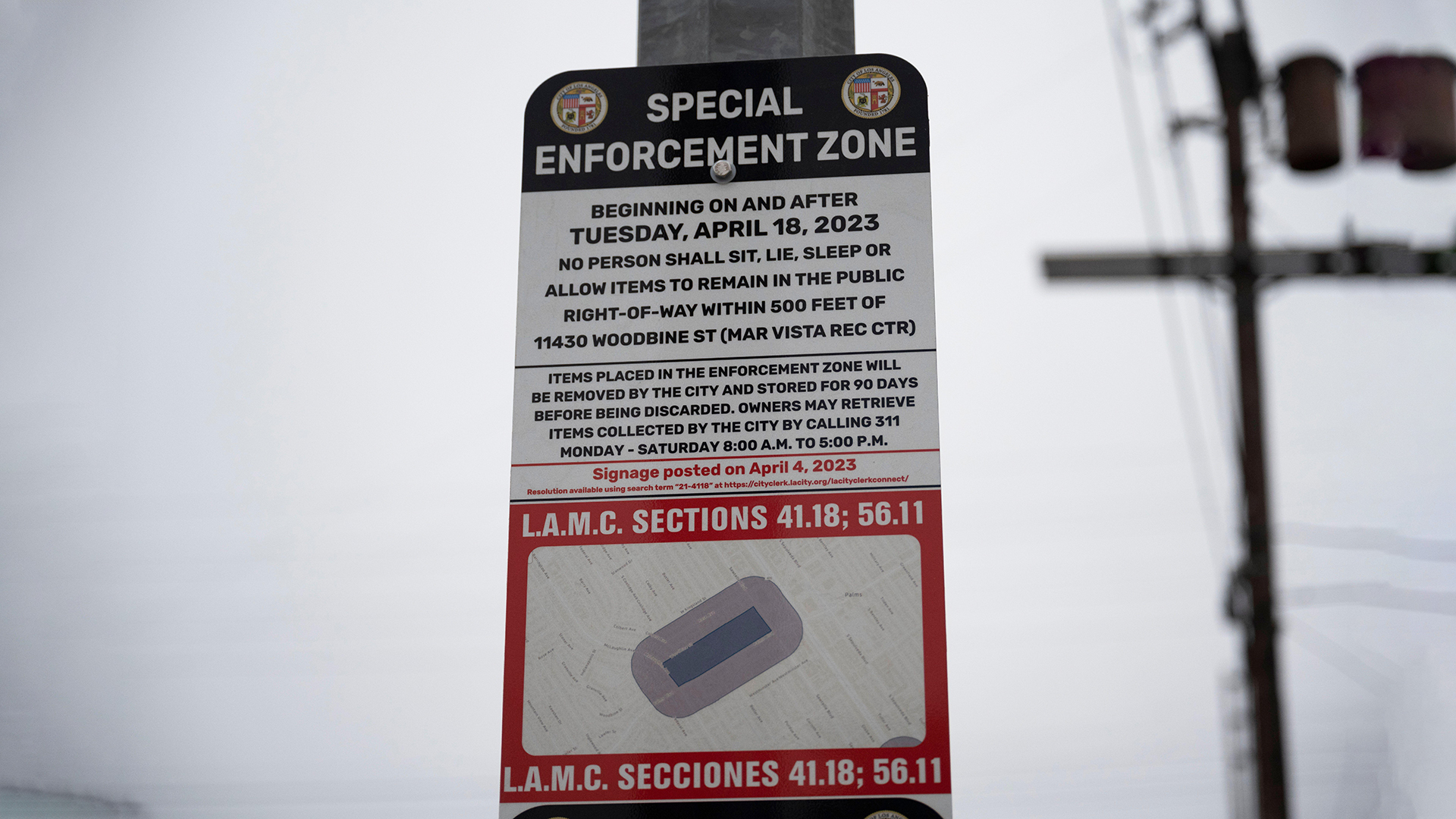Homeless people in the UK face being criminalised under the Tories’ draconian Criminal Justice Bill, currently working its way through parliament. Replacing the Vagrancy Act – the 200-year-old law harking back to the Napoleonic Wars that criminalises rough sleeping and begging – the new bill brings with it a raft of punitive measures against people who are “nuisance rough sleeping” – including the threat of a £2,500 fine or a prison sentence.
Rishi Sunak is facing a revolt from backbenchers and even some in his cabinet over the Criminal Justice Bill, which has been criticised as “excessive”. But the powers the bill could bring into force actually echo measures which have caused controversy in the US and led to vulnerable adults developing long-standing criminal records for acts as minor as “possession of a shopping cart”.
Arrested for being ‘homeless in public’
Last year, US security company ODIN was subjected to a data breach which exposed thousands of photographs, documents and arrest records uploaded to their system by California police departments. Leaked by non-profit transparency group DDoSecrets, the data revealed a number of homeless people in the system whose offences amounted to nothing more than ‘being homeless in public’.
A deep dive into US anti-homeless legislation revealed some shocking stories, including that of a 60-year-old woman who had been arrested 49 times in the last 10 years. Her crimes ranged from “possession of drug paraphernalia” to “possession of a shopping cart”, for which she had been arrested multiple times. Court documents show that she was referred to a mental health facility three years ago, yet her arrest record shows she was arrested in January this year for theft of yet another shopping cart.
The cause appears to be a number of US laws which criminalise the homeless. Along with prosecuting people for vagrancy and public drunkenness, the law also penalises those who sleep in tents or use cooking equipment. Something which ex-home secretary Suella Braverman was attempting to have included in British legislation last year.
Criminal Justice Bill: How did we get here?
A key factor in California’s ‘anti-homeless’ legislation is the presence of Business Improvement Districts (BIDs). Existing in the US since 1974, BIDs made their way to the UK around 10 years ago. The British BIDS Board describes the scheme as a “business-led and funded body formed to improve a defined commercial area.” Put simply, a group of local businesses agree to form a company into which they pay a fee that is used for essential street up-keep, security and other improvements to an area.









